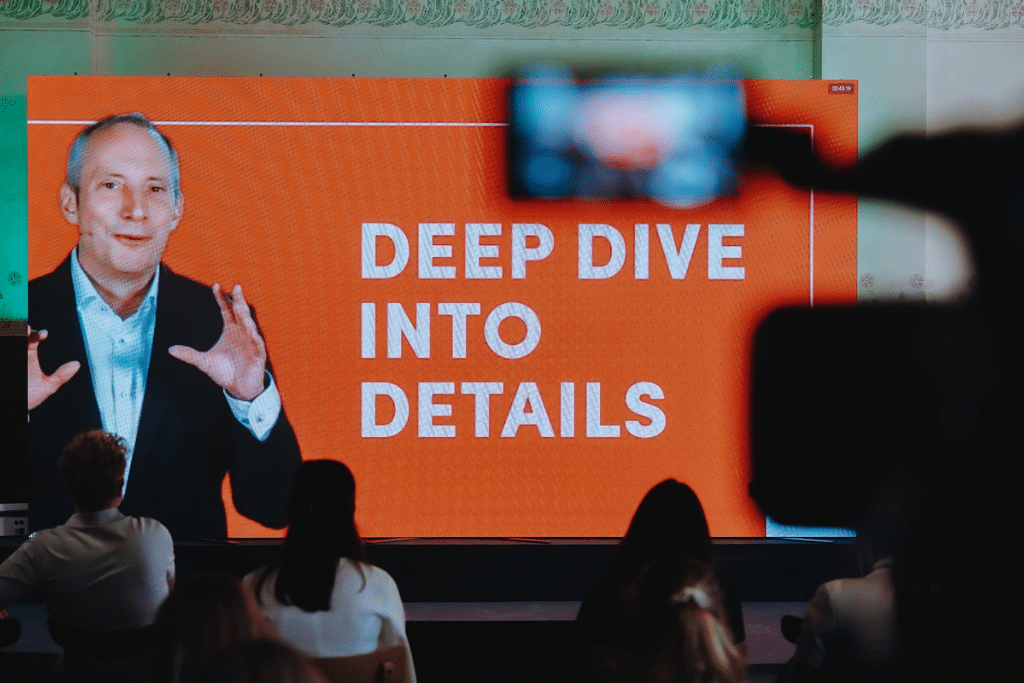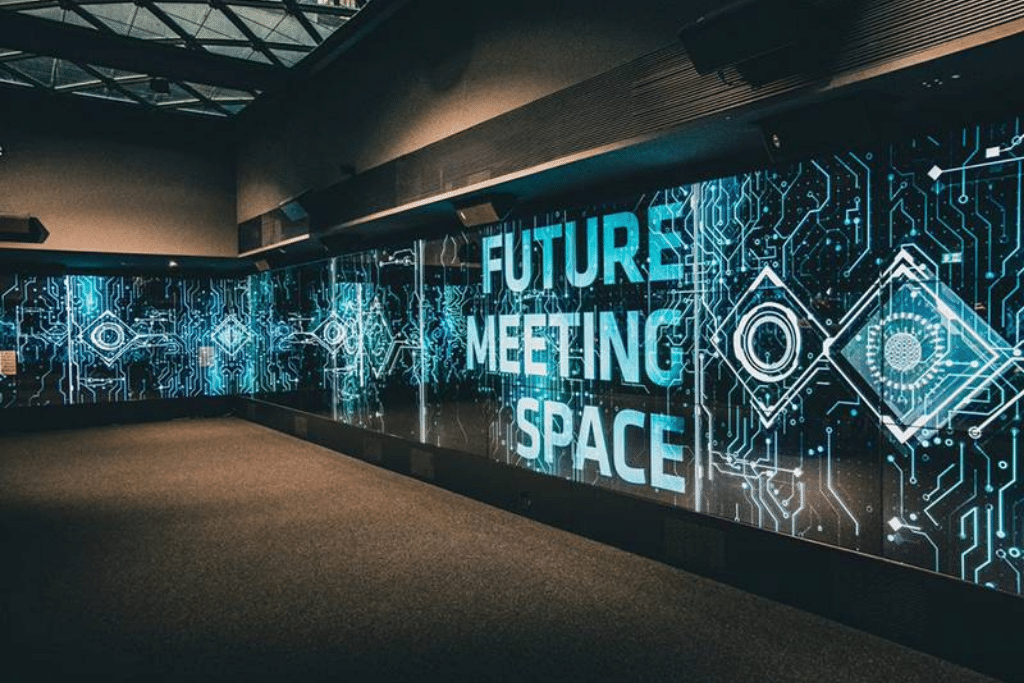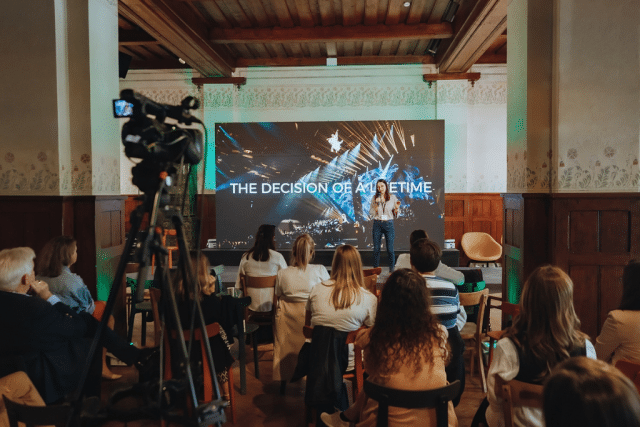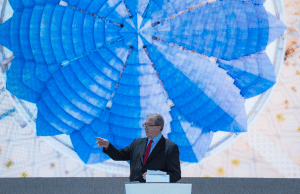THE KING IS DEAD, LONG LIVE THE KING!
The last printed issue of Newsweek was issued on 31 December 2012. After 75 years, the legendary magazine joined publishers alike who had moved online entirely. Clairvoyants aplenty announced the end of the printed press. The world thus became divided into ardent supporters of the printed press and vociferous advocates of the digital world.
A decade later, the meetings industry has been radically digitalised. Debates ignited now seem similar to those a decade ago. Have we learned anything from the printed press story, and how relevant is it for the meetings industry?
The coronavirus hit us like a meteorite and accelerated our exit from the comfort zone that held a firm grip on the logistical part of our industry. This industry branch swiftly announced that everything will go back to normal. I personnaly have a tough time believing such claims, considering it has become clear that events will take place in various dimensions and formats depending on the needs and expectations of a particular focus group. Hence, there cannot be an unequivocal answer about the future. Regardless of the terminological confusion set off by the uncontrolled use of the word virtual, we will undoubtedly combine all four key event types for our clients:
– Live events
– Digital events
– Hybrid events
– Virtual: metaverse events

That is only a fragment of the challenges that lay ahead. We should acknowledge that we are moving from a logistical industry to a high-tech sector. The corona crisis has accelerated digitalisation in all areas, particularly communication, accessibility and quantity of information.
To achieve quality, we have to start thinking as high-tech companies do. Among the numerous definitions of a high-tech company, the most relevant for our industry is, in my opinion, the following: an industry offering services based on know-how. Imagine the production behind demanding events, per se Expo in Dubai. The future will be marked by the use of new pioneering technologies, which is already evident in the case of metaverse events. Trailblazing companies will have a high level of intellectual knowledge they will measure through patents and various innovations. They will also invest heavily in research, development and cooperation with research institutions. Today, there are already traces of companies that will lead development with agility and entrepreneurial culture.

We have several options at hand. One of them is to stay “retro” in the positive meaning of the word and put our money on the triumphant return of live events. It seems most meeting destinations will react accordingly. However, that will not be possible without the total digitalisation of communication with event attendees. It will be onerous to attract event attendees solely by placing a jumbo poster on the side of a road.
The alternative is taking the mentioned path. However, due to high risks and challenges, this option will be limited to only the most developed countries worldwide.
In light of what I have written, I want to quote Andrew Keen, who in his book, The Cult of the Amateur, wrote: “It is about the blind leading the blind – infinite monkeys ensuring infinite information for countless readers, thus preserving a circle of disinformation and ignorance.” In his rather brutal claims, he goes as far as saying: “Websites are making monkeys out of us, without us realising that” and continuing: “Monkeys take control. Say goodbye to your daily gatekeepers – our news reporters, anchormen, editors, musical companies and Hollywood music studios. In today’s amateur cult, monkeys lead the way.” Keen wrote the book in 2008.
That is the zeitgeist of the current situation in the world, right? And if you ask me, I am a typical divergent personality. My heart beats for live events, while my brain says we have to digitalise our company urgently. Oh, what times!














